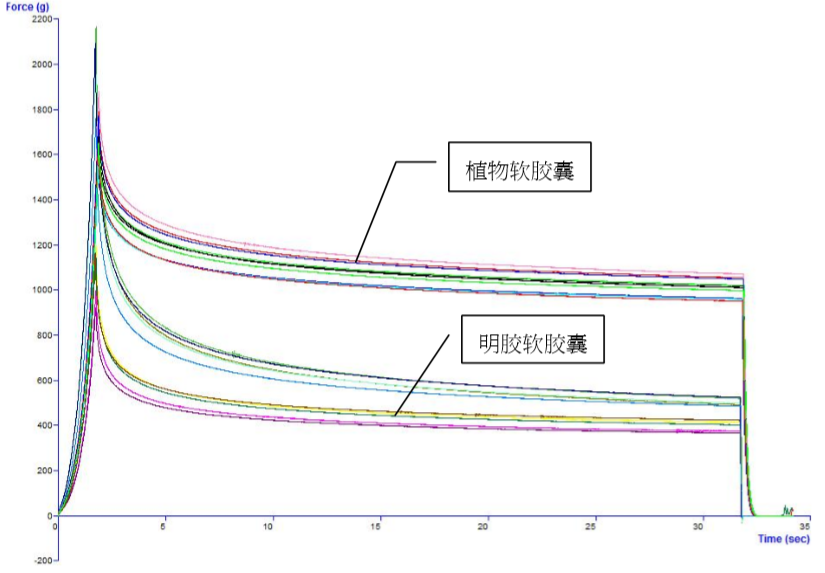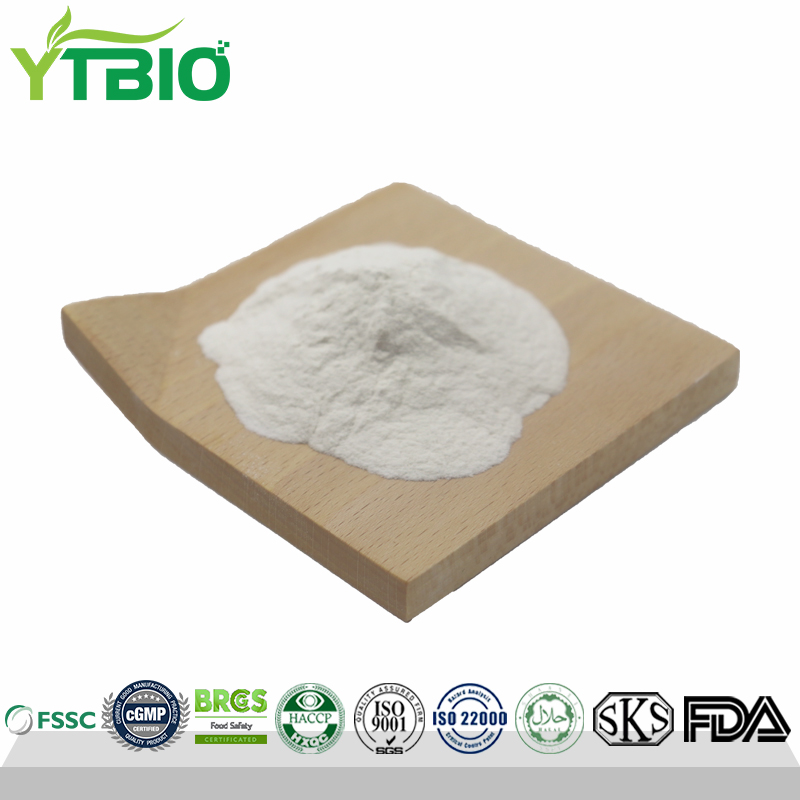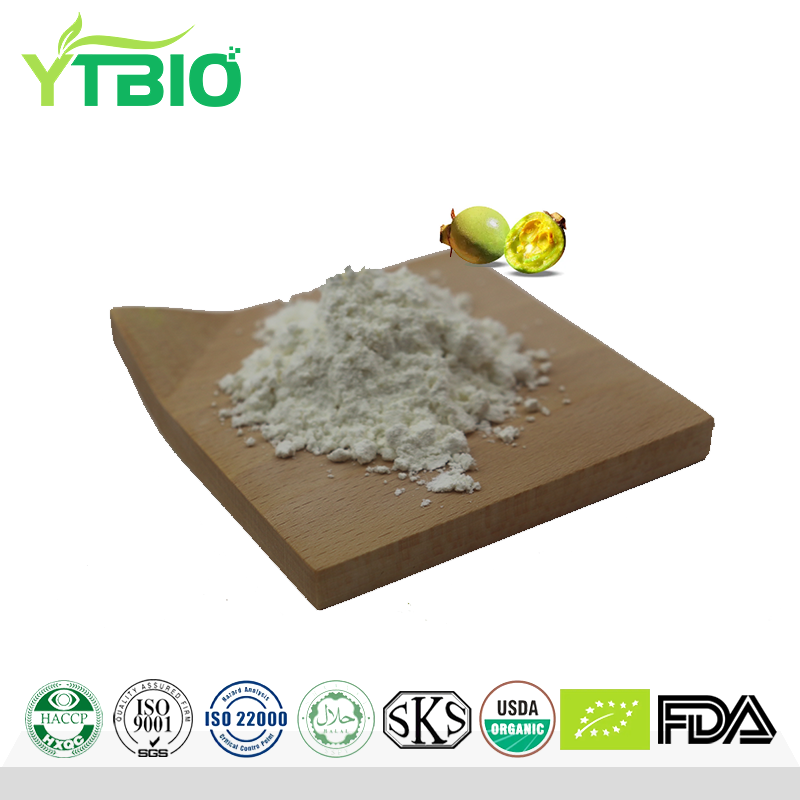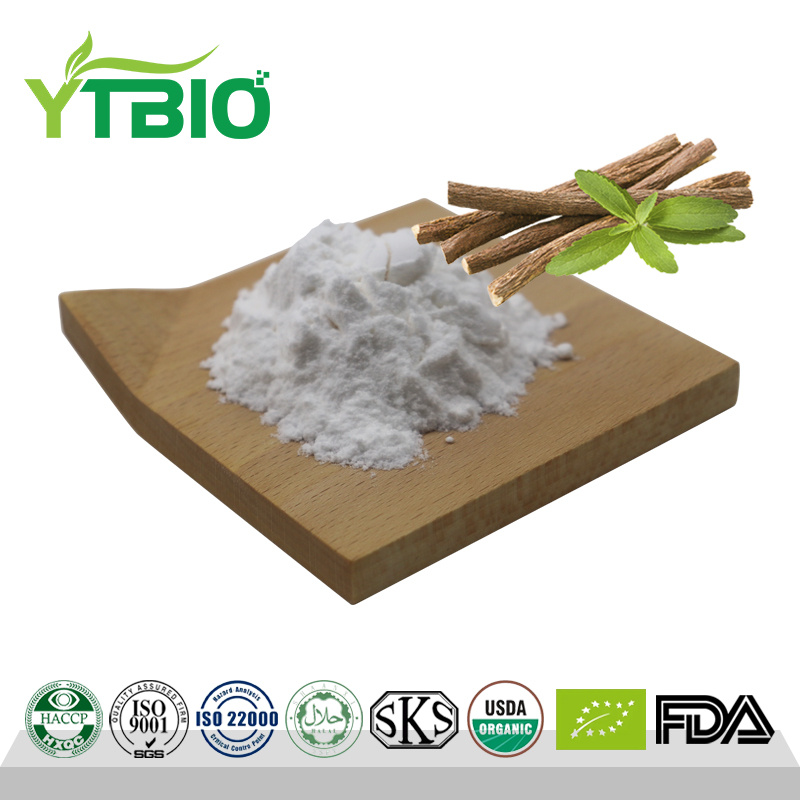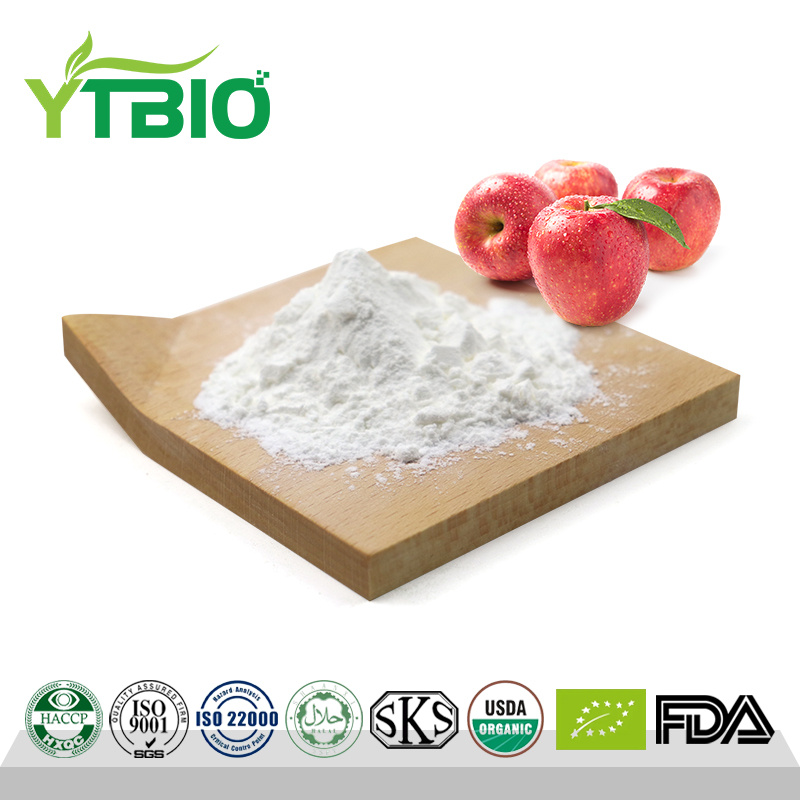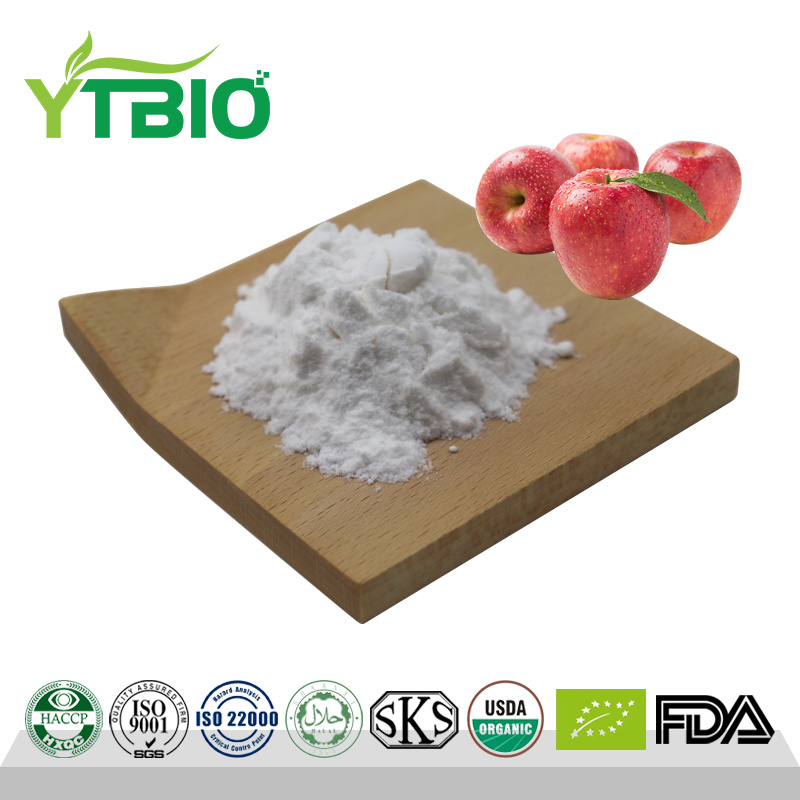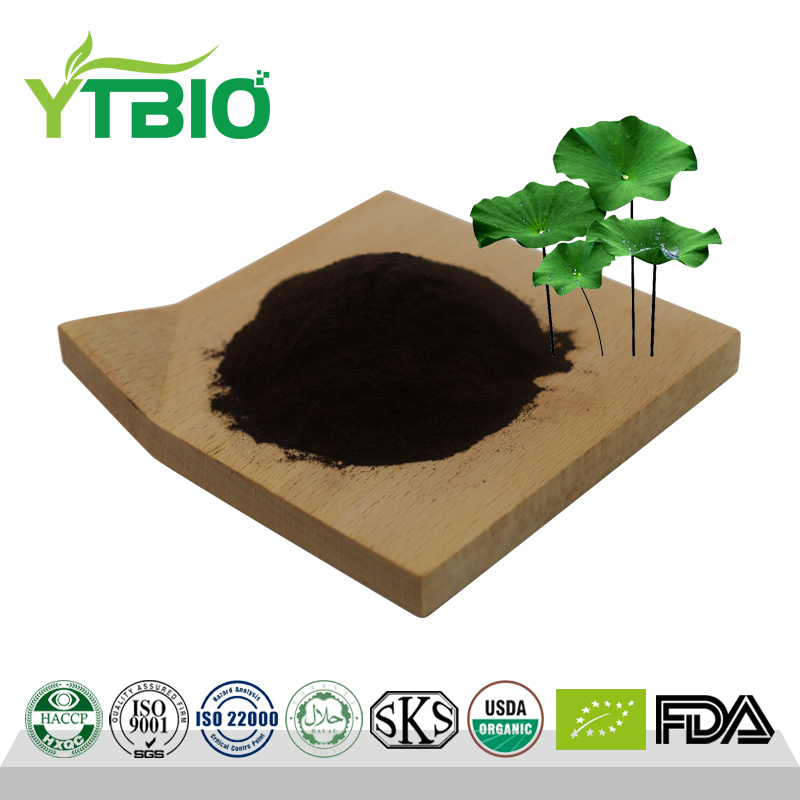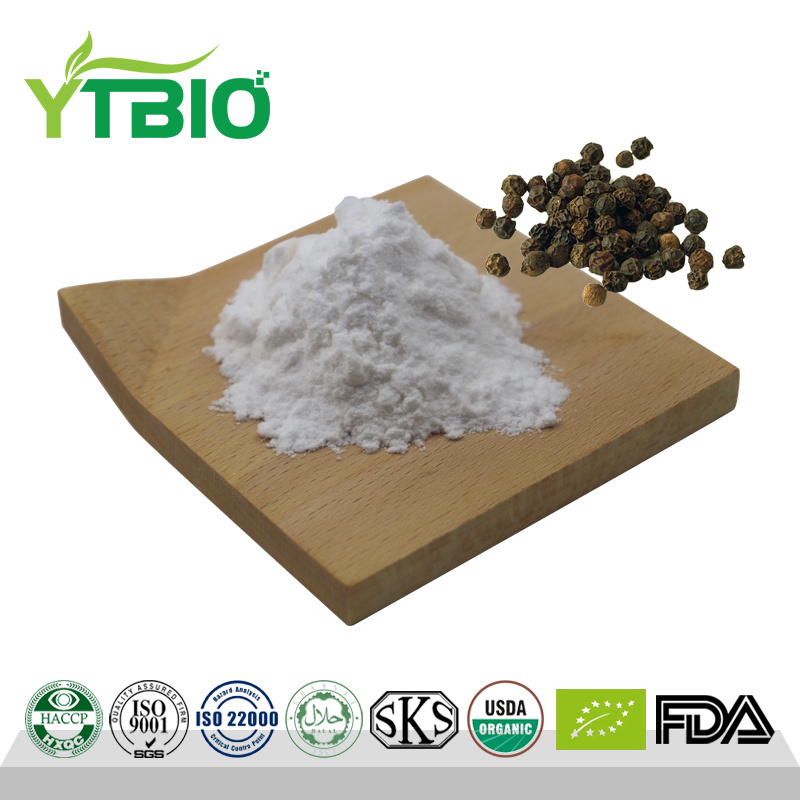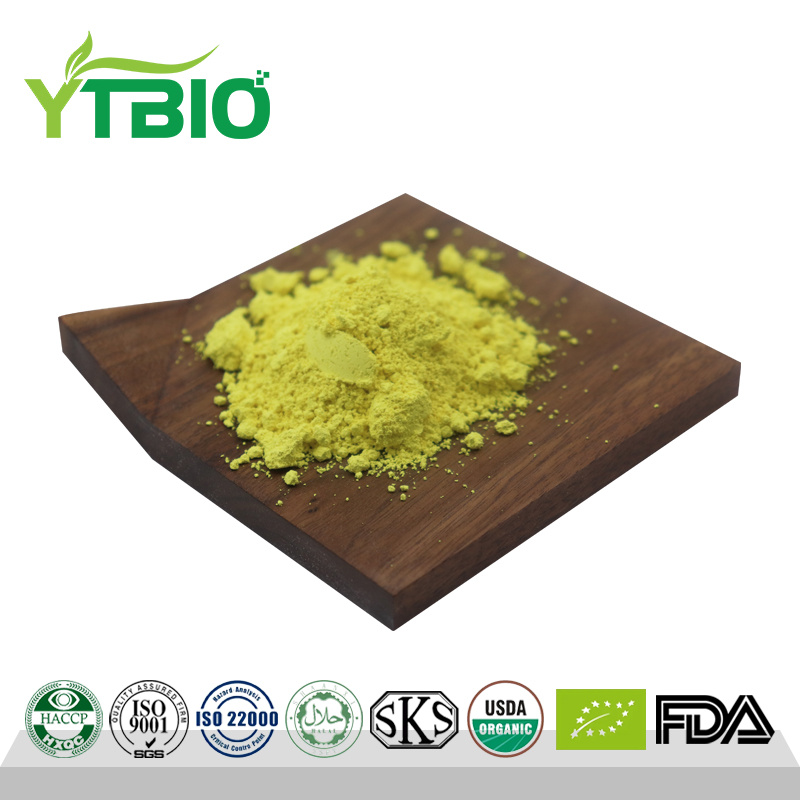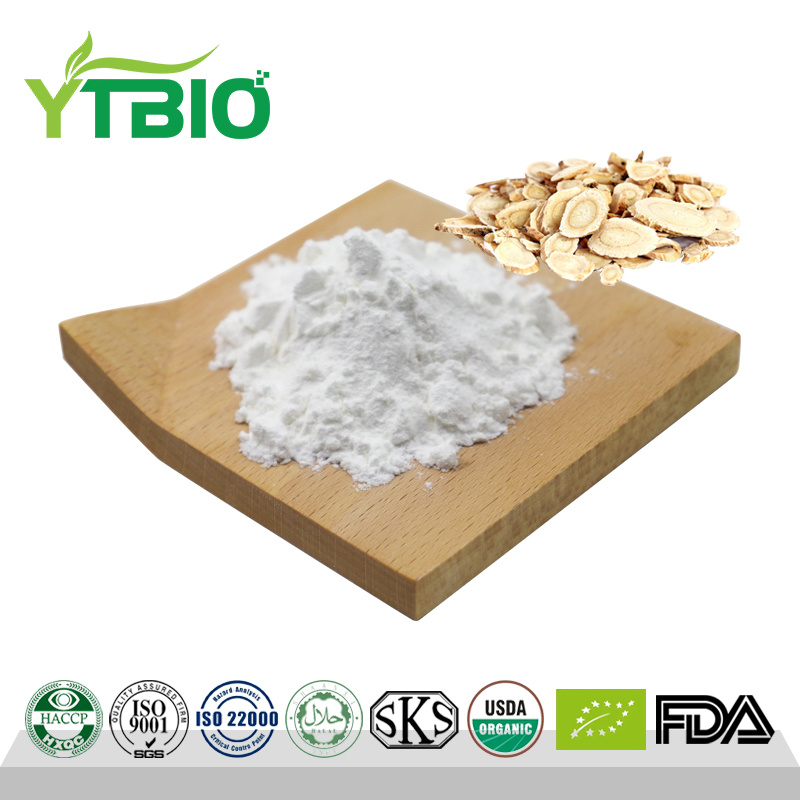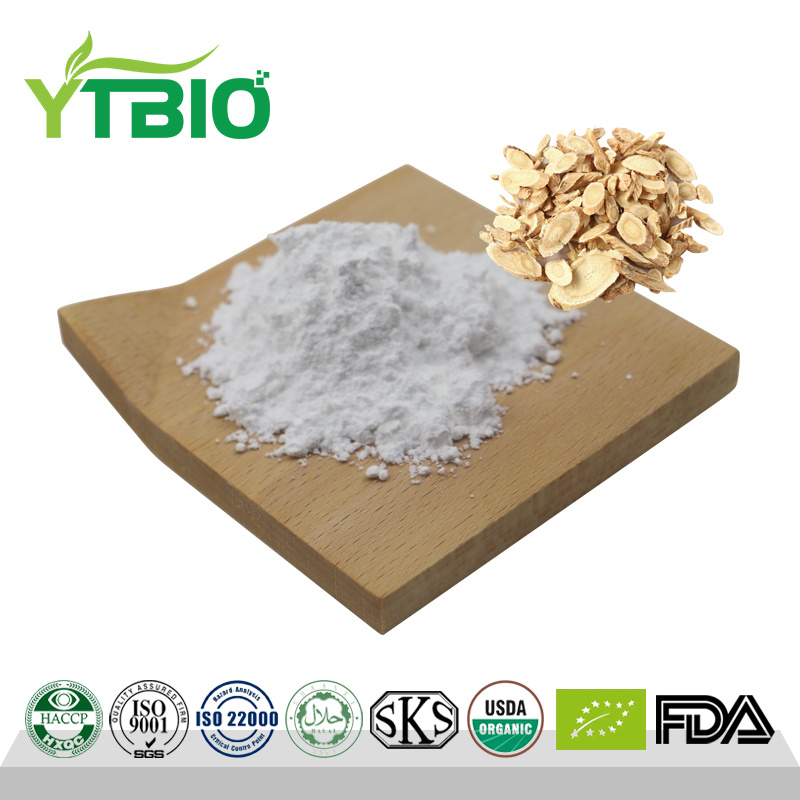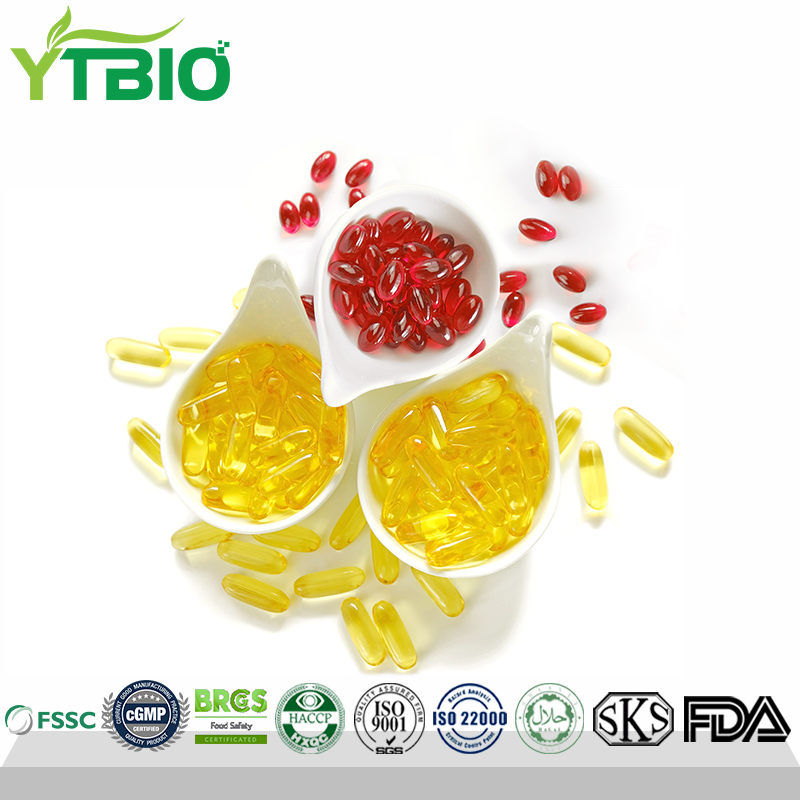Factory OEM/ODM Plant-based Softgels
About Plant-Based Softgels
Advantages of plant-based softgels
First, in terms of raw material sourcing, plant-based softgel shells are derived from plant starch and contain no animal ingredients. This makes them an ideal choice for religious consumers and vegetarians, while also aligning with the growing global trend toward plant-based consumption in recent years.
Second, in terms of product characteristics, plant-based soft capsules offer superior heat resistance, stability, and anti-stick properties. These advantages effectively prevent common quality issues seen with traditional gelatin soft capsules in high-temperature environments, such as sticking, deformation, or even leakage.
Third, in terms of application scope, plant-based soft capsule technology is suitable for a wide range of active ingredients, including functional foods like fish oil, DHA algae oil, and conjugated linoleic acid (CLA). Beyond functional food applications, these capsules are also used in products like serums and beauty concentrates, elevating product quality and brand image to meet consumer demand for natural and green products.
Fourth, regarding transportation and storage, due to the high temperature resistance and anti-sticking properties of plant-based capsules, the environmental requirements during logistics and storage are more flexible compared to traditional gelatin capsules. This, to a certain extent, helps reduce associated costs.
Technological breakthrough, production transformation
